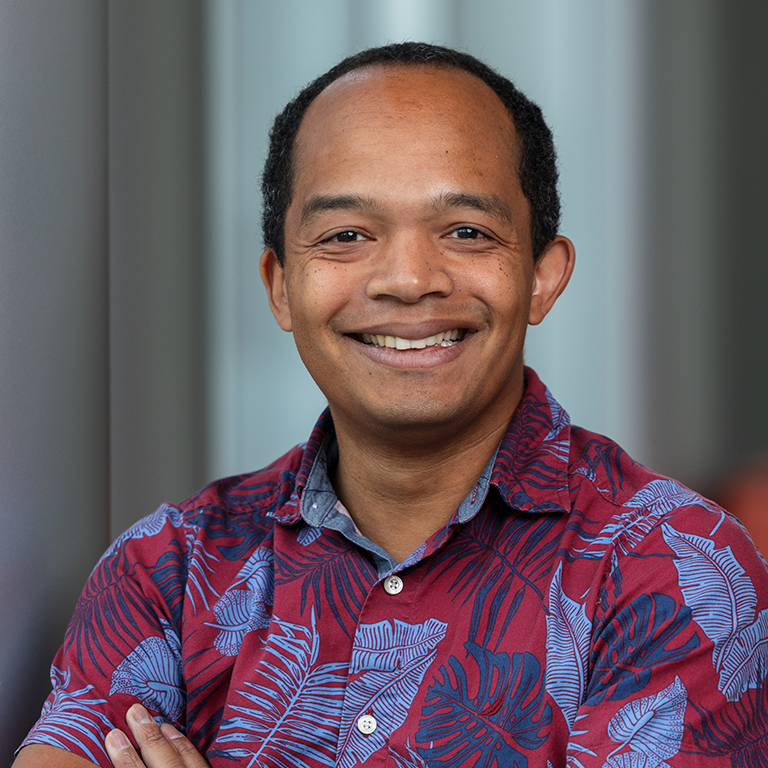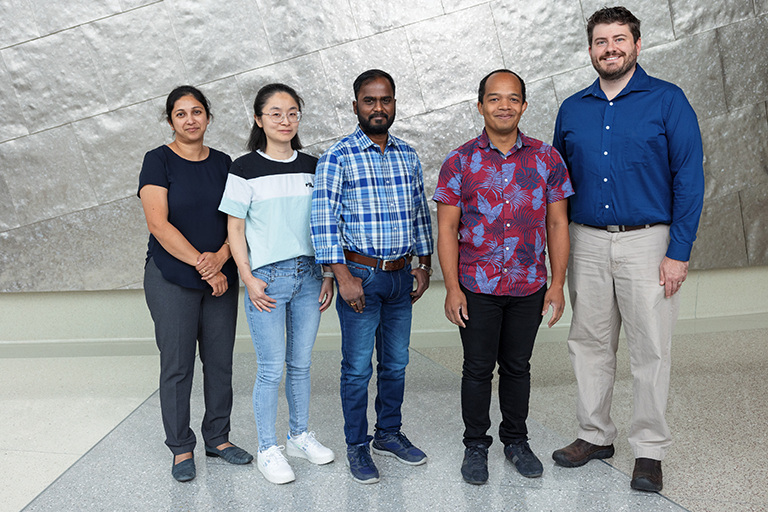Challenging the view that chemotherapies only mediate their anticancer activity through a direct cytotoxic activity on tumor cells, my PhD work uncovered a critical contribution of anticancer immune responses for the success of conventional therapies. This work prompted the design of novel strategies enhancing the efficacy of anticancer therapies by manipulating the immune system.
During my postdoctoral work at Harvard University, I underscored the relevance of concomitant Tim-3 and PD-1 blockade to prevent T cell dysfunction and restore anticancer immunity.
After returning to France, I set up my laboratory and showed the anticancer properties of a novel subset of CD4 T cells, IL-9-producing TH9 cells, upon adoptive transfer against melanoma.
With funding from the European Commission, I developed multiple models of combination treatments with chemotherapy and immunomodulation to interrogate the relevance of T cells in anticancer cancer immune responses.
Richter F, Paget C, Apetoh L. STING-driven activation of T cells: relevance for the adoptive cell therapy of cancer. Cell stress 2023, Nov;7(11):95-104
Bod L, Kye YC, Shi J, et al. B-cell-specific checkpoint molecules that regulate anti-tumour immunity. Nature 2023, Jul;619(7969):348-356
Benoit-Lizon I, Jacquin E, Rivera Vargas T, et al. CD4 T cell-intrinsic STING signaling controls the differentiation and effector functions of T1 and T9 cells. Journal for immunotherapy of cancer 2022, Jan;10(1)
Dosset M, Vargas TR, Lagrange A, et al. PD-1/PD-L1 pathway: an adaptive immune resistance mechanism to immunogenic chemotherapy in colorectal cancer. Oncoimmunology 20187(6):e1433981
Rivera Vargas T, Cai Z, Shen Y, et al. Selective degradation of PU.1 during autophagy represses the differentiation and antitumour activity of T9 cells. Nature communications 2017, Sep; 15;8(1):559
Végran F, Berger H, Boidot R, et al. The transcription factor IRF1 dictates the IL-21-dependent anticancer functions of TH9 cells. Nature immunology 2014, Aug;15(8):758-66
Berger H, Végran F, Chikh M, et al. SOCS3 transactivation by PPARγ prevents IL-17-driven cancer growth. Cancer research 2013, Jun; 15;73(12):3578-90
Bruchard M, Mignot G, Derangère V, et al. Chemotherapy-triggered cathepsin B release in myeloid-derived suppressor cells activates the Nlrp3 inflammasome and promotes tumor growth. Nature medicine 2013, Jan;19(1):57-64










